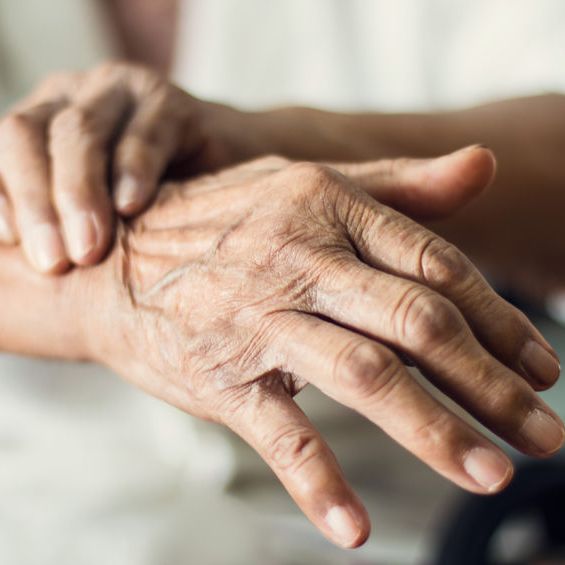iSavta | 21.03.2021

Tremor is one form of rhythmic shaking movement in one or several body parts. Tremors are involuntary, which means that they are not controllable. This shaking occurs due to muscle contractions.
Most of the time, tremors occur in the hands but this can also affect the head, arms, vocal cords, legs, and trunk. A tremor may be constant or it may also come and go. Tremor can happen by itself or it can be due to a different disorder.
Different Types of Tremor
Below are some of the common types of tremor:
- Dystonic tremor
This occurs in people with dystonia, a movement disorder where involuntary muscle contractions take place. The contractions can result in repetitive and twisting movements. This can affect anybody's muscles.
- Essential tremor
Also known as benign essential tremor, essential tremor is considered as the most common type of tremor. It often affects hands but this can also affect the head, tongue, trunk, legs, and voice.
- Parkinsonian tremor
It is a common symptom in patients diagnosed with Parkinson’s disease. This often affects one hand or both when at rest but it can also affect the face, lips, chin, and legs.
Tremor Causes
In general, tremor is the result of an issue in the brain’s deep parts responsible for movement control. However, the cause is not known for most types. There are types that run in families and are inherited. Some other causes can include the following:
- Alcohol withdrawal or alcohol use disorder
- Certain medications like amphetamines, asthma medicines, corticosteroids, caffeine, and medicines for certain neurological and psychiatric disorders
- Hyperthyroidism or overactive thyroid
- Kidney or liver failure
- Mercury poisoning
- Neurologic disorders such as traumatic brain injury, stroke, Parkinson’s disease, and multiple sclerosis
Who are at Risk?
Anyone can experience tremors yet it is the most common in older and middle-aged adults. There are some types that can increase the risk for those with a family history.
Symptoms of Tremor
Tremor symptoms may include the following:
- Problems controlling and holding utensils like a spoon
- Difficulty drawing or writing
- Rhythmic shaking in arms, hands, torso, legs, and head
- Shaky voice
Treatments for Tremor
Most types of tremors cannot be cured yet there are treatments that can help in symptom management. There are some instances when the symptoms are just mild so no treatment is necessary.
Searching for the right treatment is dependent on getting the correct diagnosis of the main cause. There is a possibility for the treatment to get better if it is due to a different medical or it can go away once that condition is treated. If the tremor is due to a specific medicine, the tremor goes away once the medicine is no longer taken.
Tremor treatments for unknown causes include the following:
- Medicines
- Surgery
- Occupational, speech-language, and physical therapy
If the tremors are due to caffeine as well as other stimulants, it will be of big help to remove this from the patient’s diet.



